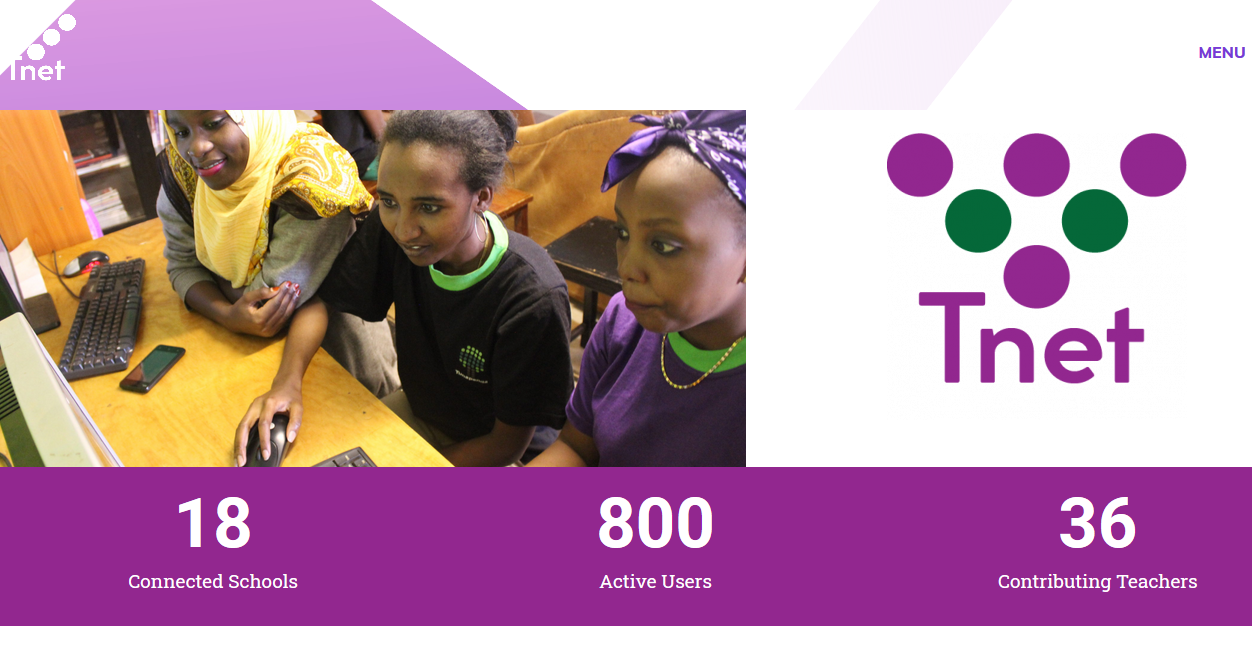
As part of the “Connecting the Unconnected: Supporting community networks and other community-based connectivity initiatives” project, 11 community network initiatives were selected in 2019 to receive catalytic intervention grants, aimed at supporting innovative, sustainable and gender-aware uses, developments and appropriations of technologies to strengthen a diverse and sustainable community network movement. Specifically, these grants aimed at exploring activities that were advancing community networks around the role of women within networks, collaborative mechanisms for dispersed communities to work together on open source tools, improved access to spectrum, local content development and technological innovation. You can find more detail on the different types of initiatives funded here.
Over the coming weeks, we will be sharing stories from the participating community networks about the local impacts of the work they carried out with the help of this funding. Today’s story comes from TunapandaNET in Kenya.
Apart from affordable and reliable internet access, lack of locally relevant content and platforms contribute to the digital divide. The Kenyan government launched the DigiSchool project with the aim of digitising education in government primary and secondary schools through the provision of infrastructure, digital content and teacher training. The government is also rolling out the competence-based curriculum which is highly reliant on information and communications technologies (ICTs). Although this is a great initiative in preparing the students for the 21st century, schools in slum areas such as Kibera are often left behind. Due to having few government schools, the majority of schools in Kibera are community-owned, often started by local NGOs and faith-based organisations. These schools are under-resourced and rely on well-wishers and donations to remain open. The DigiSchool project and the new curriculum put students from Kibera at an even greater disadvantage.
The Connecting the Unconnected catalytic interventions grant enabled the TunapandaNET community network to collaborate with Murambinda Works in Zimbabwe to address the “after access” challenges of locally relevant content and platforms. The organisations worked on creating a knowledge management platform, which comprises an e-learning platform and a school management platform. Tunapanda focused on the e-learning platform, which has been well received by the schools where 15 teachers and 20 students were trained on digital literacy, digital storytelling and how to use e-learning in classrooms. In addition, 15 women from the community’s two women’s centres were also trained on how to use the platform to access educational resources. Tunapanda also provided open learning resources such as lab simulators and digital storybooks, which help solve the challenge of under-resourced labs and libraries in schools.

A screenshot of the platform developed though the project.
The most significant change experienced by the beneficiaries was the awareness that they too can become creators of digital content and not just consumers. The platform is very relevant to the challenges the schools faced, such as under-resourced laboratories and few textbooks. In one of the schools, they only had one computer textbook which had very outdated information. The students and teachers were very excited about creating digital content. The teachers were particularly happy to learn that the would be able to set assessments and exams for their students through the platform, which they preferred to the printing of exams, as it reduced costs for the schools and also made their work easier. The students were most interested in additional resources such as the PhET simulator (an interactive computer simulation for teaching and learning science and mathematics), physics comic books and African storybooks.
This platform, which is open source, can be replicated and readapted for use by others, especially by community networks that are interested in creating digital courses. The platform enables community networks who are interested in having content services on their network to create their own content based on language, design, literacy level and localisation of references. Tunapanda has created a package installer and how-to guides which will be uploaded on GitHub and available to anyone interested in using it.